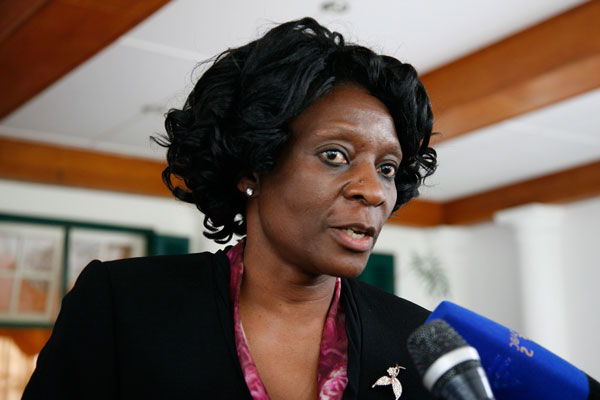By Cyril Zenda

Coming as it did — a good 30 months ahead of the elections — after minimum lobbying by civic society organisation (CSOs), many became suspicious about this concession that was being readily granted by a government that was intransigently resisting effecting a raft of electoral reforms that opposition parties have been demanding.






